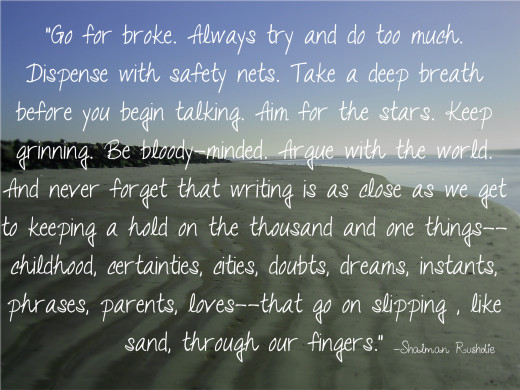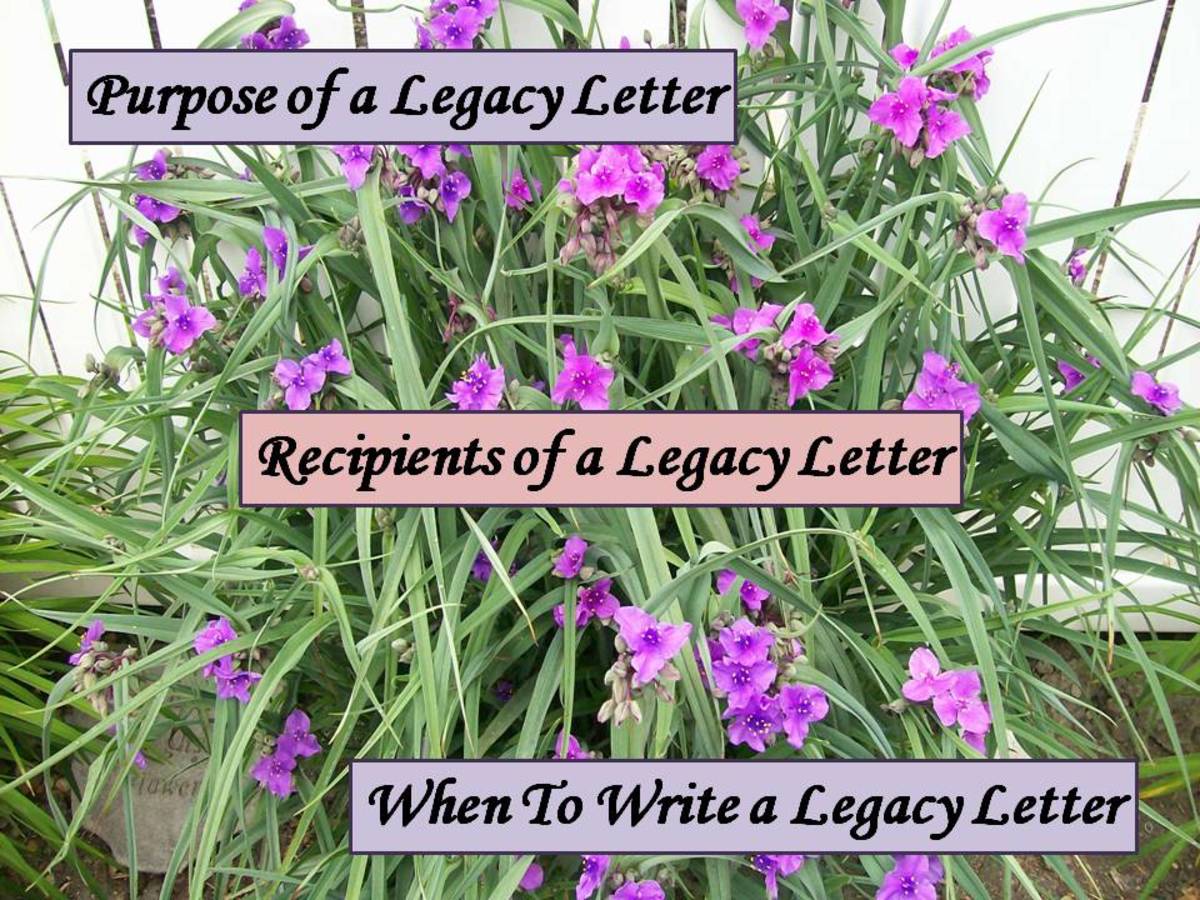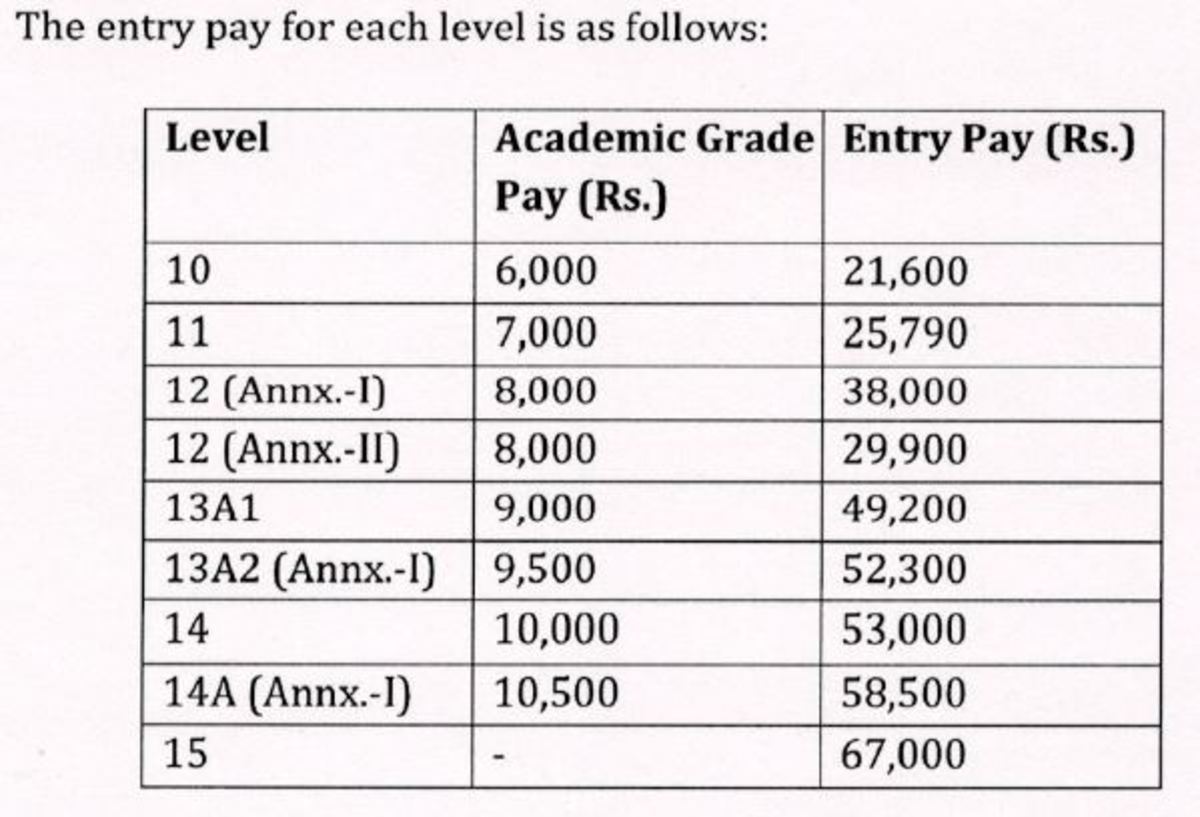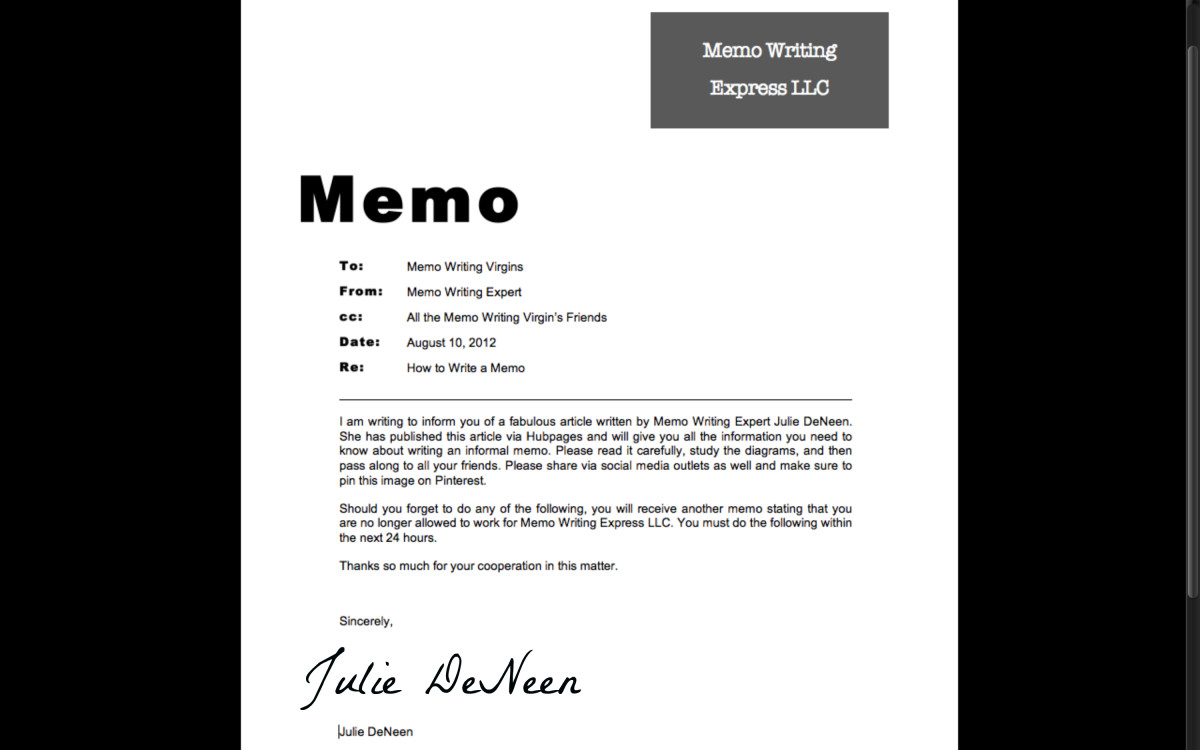50 Thoughts on Writing: Part 3
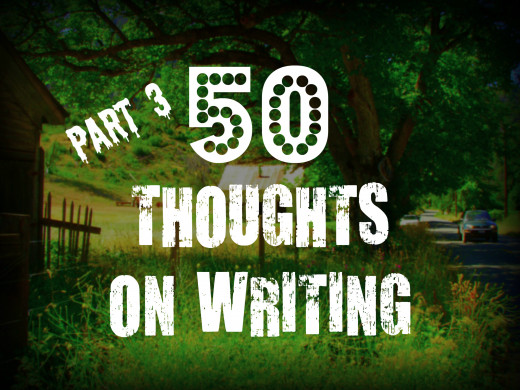
22. Don't listen to your English teacher, especially professors, when it comes to judging your writing.
I'm going to shoot straight here.
Here's the deal, I spent a hundred grand on a Creative Writing education and put myself under the critical eye of people who only had taken a few more units than I had.
I'm going to save you a hundred grand and save you from having to spend money to have a grad student tell you that only literature is worth writing.
Here's something to think about: those who don't do, teach. The reason most of my professors taught were that they weren't good enough to pursue their craft solitarily. Sure, a couple of them had worked on a couple of films, or had a book or two at Barnes and Nobel, but none of them were making a full-time income with their work.
Don't get me wrong, I had 3 fantastic professors that honed me into a better writer, and to them I owe a large portion of my writing career. One even let me meet his agent, who happened to be a top dog at Gersh. I went down to meet him at his posh Beverley Hills office, which would have been just about the most amazing thing that has ever happened to me, but before meeting him that morning, I had decided to leave Los Angeles. I walked in, knowing that I was going to pack up my car and drive 500 miles away. Yeah, I blew that one!
Attending one of the most liberal colleges in the country, it was drilled into me, even subconsciously, that literature was king. Everything else was considered a cheap paperback. It seemed that every English professor wanted to turn me into the next Steinbeck or Hemingway, which are fine people to turn into, but for me, that style of writing wasn't authentic.
I graduated Cumme Laude, and maybe only once or twice got a B in a writing class, however, I met my match during a poetry class. The professor had interesting sexual preferences—let's just leave it at that. I tried my hardest, but kept getting C's on every paper, with hardly an explanation. I looked at the desks around me and all of my friends were getting A's and B's, so I asked to read their papers. I tried a new approach and hyper-sexualized my interpretations of the classic poetry we were expositing. By golly-goodness, I never got another C again. My professor didn't care about the interpretations of regret, remorse, finding beauty, or seeking revenge—all he wanted was for Freud or Jung to get a mention; the more shocking or perverse, the better.
It's been 7 years—I'm still bitter. Or maybe Freud is right and I have repressed arrogance.
23. Keep them Guessing

24. Screw "literature" and write what you want.
Now that you've learned that I need to spend another hundred grand on counseling after my University experience, I hope it has helped you along in some way for your own writing journey.
As I mentioned above, there was an immense pressure to write literature in the upper echelons of our educational system. This comes from four places:
- An ancient and outdated education system that likes to prize the classics over the progressive.
- A strategic agenda from publishing companies who can use the classics, royalty-free, and charge a hundred bucks a pop.
- Educational elitism. If you are compared to Hemingway, you've made it. However, if no one wants to buy a book by a Hemingway poser, you'll have more in common than you think—you'll both die broke.
- A snotty and self-congratulatory system where the end goal is to get published in journals that are scarcely read and have almost no economic incentive.
The funny thing is that the "cheap paperbacks," which I was discouraged to write, sell millions of copies. Is it really a worse thing to be John Grisham, Clive Cussler, or Tom Clancy, rather than Harper Lee or F. Scott Fitzgerald?
I don't intent to rag on those who love to write and read literature. I think literature should be read, enjoyed, and studied—what I am frustrated with is a system that says that one is more profitable than the other. They have two different purposes that are each of value. "Cheap paperbacks" entertain; they thrill us; they let us escape our miserable lives for a few hours; they keep us on the edge of our seats. Literature dives us further into an exploration of what it means to be human and it indulges our senses with stunningly ornate language.
Twilight and Harry Potter are far from academic "literature" but they have done something the classics couldn't—they got children to pick up a book who wouldn't be caught dead with Romeo and Juliette in their book bag. Don't you think that is success?
Don't get me wrong, I got a few pages into Twilight and couldn't stomach it—but there is something about that story or style of writing that kids everywhere are going crazy over. Isn't it a good thing that they are putting down their video games to read a "cheap paperback?"
If I want to write something—and I am proficient at doing so—please don't try to stop me.
#25. We write to taste life twice, in the moment and in retrospect.
— Anais Nin26. There is a niche for everything.
With the advent of e-book publishing and independent publishing houses springing up all over the country, it is no longer necessary to impress a guy in a suite, in a skyscraper in New York, that you are the next literary genius.
You see, you might be a brilliant writer—engaging, thoughtful, a master of the English language—but on the day you send your manuscript to the guy in a suite, he's not looking for another fill in the genre of your book here: . Literally, you just picked the wrong day.
As writers, we should stretch ourselves—and that might mean crossing into another genre—but we should also stay true to what we want to write and what we want to accomplish in this industry.
The world doesn't need another Hemingway, it needs you! Whatever niche you create for yourself, there is a market for it. Thank you globalization, somewhere across the universe someone will dig what you write. Hopefully that someone has friends he will want to recommend your writing to.
27.
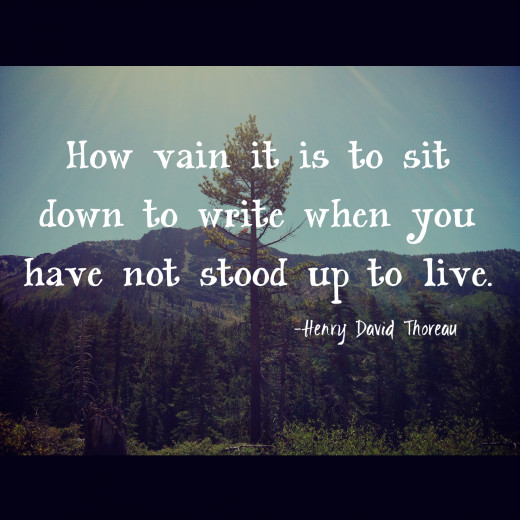
27. Show don't tell.
Is this one even necessary to bring up? Ok, well maybe there are some of you who are setting out to write your first story and your high school English teacher failed you—or it's been too long and you have forgotten.
Here is an example of showing, not telling from my upcoming novel The Takeover:
Clint shoved a piece of white cloth down the barrel of his USP. It came out black. He repeated this process until, finally, the cloth came out white on the other end. He dabbed a little bit of oil on the end of the clean cloth and ran it through again.
Jules watched Clint’s intense focus as he tried to wipe away every morsel of burnt powder and grime. From Stan’s balcony, she had an unimpeded view of the ocean, but her gaze was transfixed on Clint’s strange pastime. He treated the gun with respect and cleaned it as if he were conducting an intimate ritual.
“Do you always spend an hour cleaning your gun?” she asked.
Without looking up from his work he said, “I guess I enjoy it. It’s relaxing.” He put a few drops of solvent on the metal slide and set it down. “Leftovers from my time in the military. They were pretty strict on cleanliness. It’s like diving, you take care of your gear, and it takes care of you. Your life depends on it.”
“I never thought of it like that.” She took a sip of her lemonade. “Have you ever killed someone, with a gun?” The silence, made her uneasy. “I hope that’s not too personal,” she said.
Clint looked up at her. Her face was shy and innocent and he wanted to keep it that way. It was a personal question, but for him it was not a yes or no answer; it was more complicated than that. “Would you think any different of me, either way?
28. I never exactly made a book. It's rather like taking dictation. I was given things to say.
— C.S. Lewis29. Never turn down work.
Never turn down a writing job, even after you've made it. Until you make it you should write anything and everything that comes your way. Not only will you become a better writer, but you will also have done thousands of favors for people who will never forget. You never know where an opportunity will take you or who might read the words you write.
30. Go for Broke
